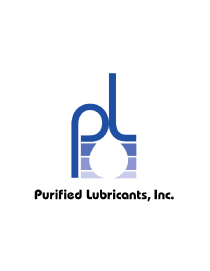Your hydraulic fluid has a big job to do. It’s a power transmission device, a lubricant, a heat-transfer medium and even a sealant (in some hydraulic components, at least). This is why I often refer to hydraulic fluid as the most important component of the system, and certainly not something to be purchased on price alone.





